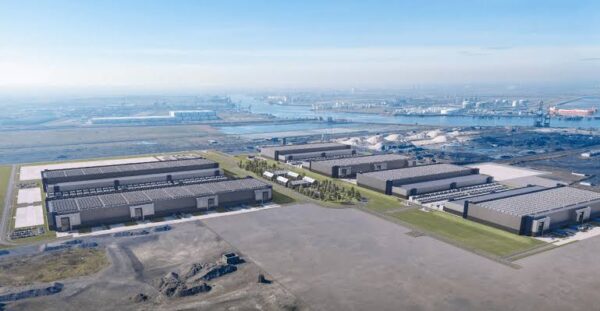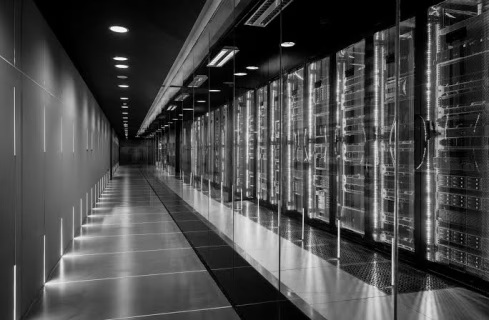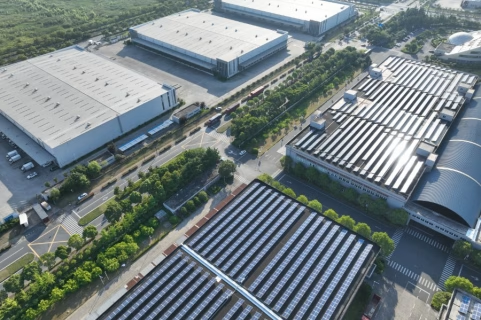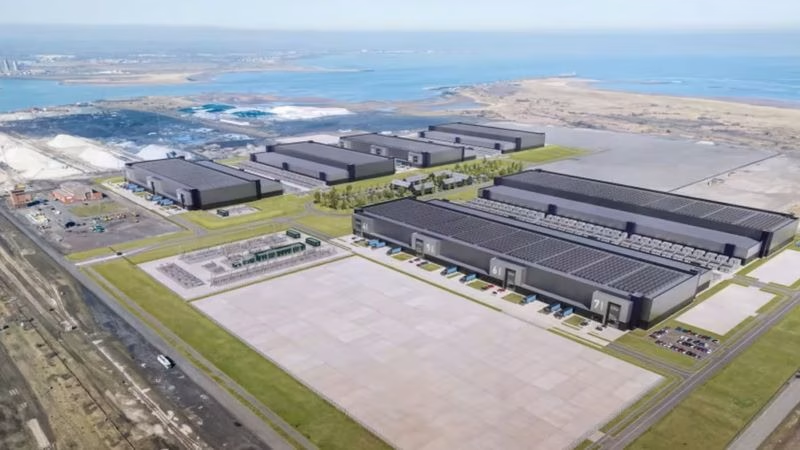The Teesside Data Center is a centerpiece of Google’s ambitious £5 billion UK infrastructure expansion. It is proposed for the Teesworks site on the former Redcar steelworks, which is a location designated as the UK’s second “AI Growth Zone” to leverage its massive power capacity and North Sea connectivity. This facility is strategically linked to the digital ecosystem of Northern France, specifically the emerging hub in Béthune near Lille, through a high-capacity subsea fiber-optic network across the English Channel and North Sea.
While the Béthune site is primarily known for Nebius’s massive 240MW AI facility (redeveloping a former Bridgestone plant), it serves as a critical continental landing point for the “North Sea Ring” of infrastructure. By connecting the industrial heart of Teesside to the Béthune/Lille corridor, Google and other major cloud providers create a low-latency “digital bridge” between the UK and the European Union, ensuring that high-performance AI workloads can be synchronized seamlessly between these two massive brownfield-to-digital redevelopments.

October 14, 2025:
The Teesside Data Centre Project is a proposed large-scale digital infrastructure development envisioned for the former Redcar steelworks site in Teesside. Google was reported to be in advanced discussions with the UK government and Teesworks regarding its potential development, with the facility expected to become one of Europe’s largest digital infrastructure hubs.
The project, forming part of the wider Teesworks regeneration initiative and the region’s plan to establish an “AI Growth Zone,” had received initial planning approval for nearly 500,000 square metres of development. It was projected to employ up to 700 staff and attract substantial international investment, contributing to economic growth in the North East.
However, the proposed development faced challenges, as the same site had also been identified for a blue hydrogen and carbon capture project by BP. The two developments were deemed physically incompatible due to conflicting infrastructure requirements and safety constraints associated with hydrogen production.
During this period, Google had been expanding its global data center portfolio with substantial investments, including the Visakhapatnam AI Data Centre in India. These developments positioned the company as one of the world’s leading investors in advanced data infrastructure. Other than the Teesside data center project, Britain is making advances in other data center projects such as Scotland’s data center clusters by ILI Group, expected to be one of the world’s largest. However the construction of the Teesside data center seems to have ousted the construction of the Teesside hydrogen plant by BP. The plant was to be constructed in the same land as the data center but BP has scrapped the plans off owing to the clash.

Reported on September 17, 2025
Google has been linked to be in talks with the UK government over the construction of its 5 million sq ft data center in Teesside. The data center however is facing numerous challenges. One of the major being other proposals of what the plant should be used for. The ambitions of both parties to strike a deal by Christmas is at risk following a cabinet row on the field’s plans. Energy secretary Ed Miliband is backing BP’s proposal to construct a hydrogen plant instead.
However, reports note that the tech giant is in talks with Teeswork, which is behind a 4,500 acre brownfield regeneration project. In July 2025, reports emerged that the UK government was planning to convert the former steel site in Teesside into a data center project, aiming to establish its second “AI Growth Zone.” Moreover, it was said that the Department for Science, Innovation and Technology was closely involved in negotiations. They did not mention the major investor linked to the project though. Other than Europe’s largest data center, Google is also linked with Asia’s largest data center in India. The project also aligns as being Europe’s largest with its capacity expected to reach 6 gigawatts by 2030.
Project Factsheet
Description & Latest Updates:
- Google was linked in July 2025 to talks with the UK government over a 5 million sq ft data center in Teesside.
- The project is intended to convert part of the former steel site into the UK’s second AI Growth Zone.
- In August 2025, the data center won planning permission from Redcar and Cleveland Council, with a second detailed application still required.
Significance:
- Would be one of Google’s largest UK data infrastructure investments.
- Aims to support the UK’s ambition of becoming a global AI hub.
- Forms part of Teesworks’ 4,500-acre brownfield regeneration project.
Developer & Stakeholders:
- Google is the expected end-user investor, though not yet officially confirmed.
- Teesworks Limited and South Tees Development Corporation are leading regeneration efforts.
- The UK Department for Science, Innovation and Technology is directly involved in negotiations.
Challenges:
- BP’s counterproposal to build a blue hydrogen plant (H2 Teesside) is backed by Energy Secretary Ed Miliband.
- Hazardous “inner zone” from hydrogen production could block data center development nearby.
- Cabinet disagreements and competing visions for the site put a deal by Christmas 2025 at risk
The Challenges Facing Implementation of Teesside Data Center Project
Despite all signs indicating a positive trajectory on Teesside data center project, there are hurdles that still emerge. One of the main challenges is BP’s alternative proposal to use the location as blue hydrogen plant. Moreover, they also aim to use it as carbon capture plant. The company wants to use part of the land to build the blue hydrogen plant, H2 Teesside. Blue hydrogen uses natural gas as part of its production process, but is considered a low-carbon form of energy.

However, Teesworks Limited, along with another group, the South Tees Development Corporation, objected to the plan. They noted that the proposed ‘inner zone’ for hazardous installations would impose planning restrictions. This would make it impossible to build a data center nearby, something that would be required as part of BP development. In August, the data center won planning permission from Redcar and Cleveland Council. This meant a second, more detailed application will be required. At that time, no end user was named.

Leave a Reply